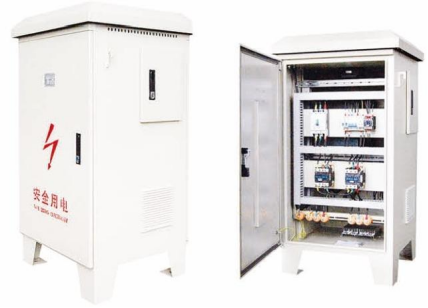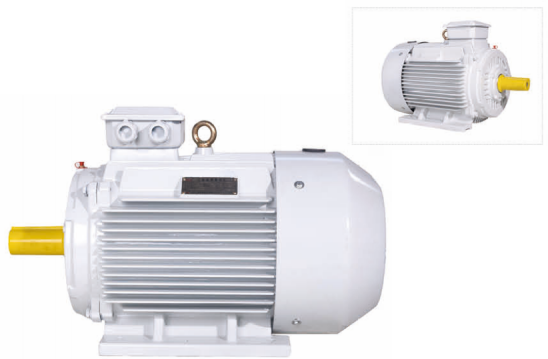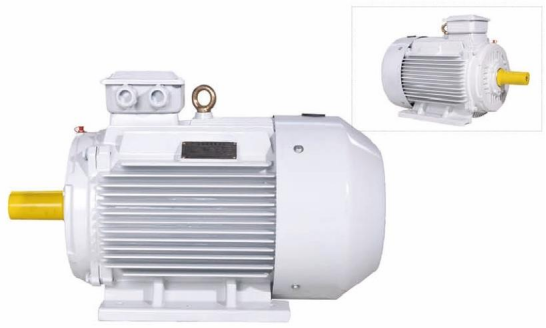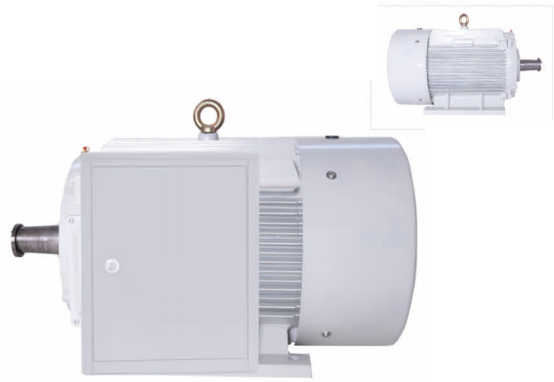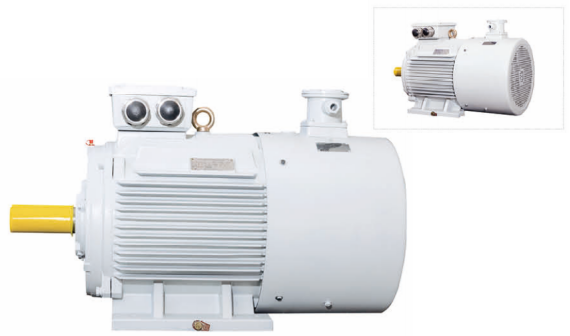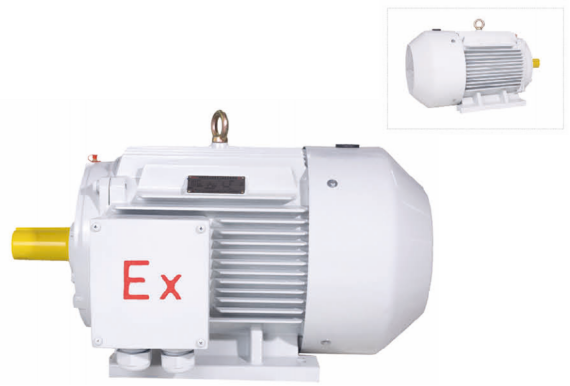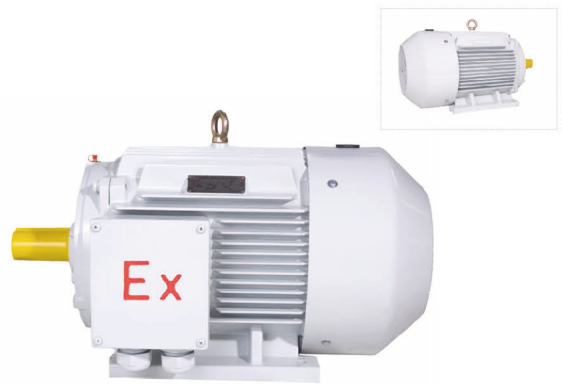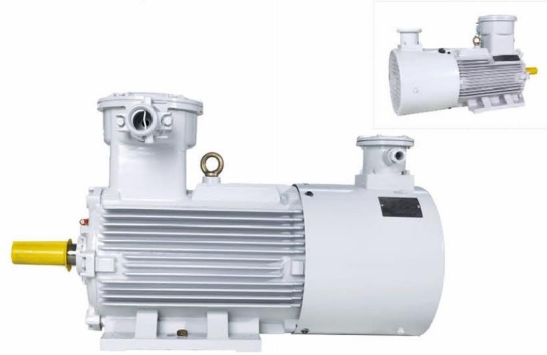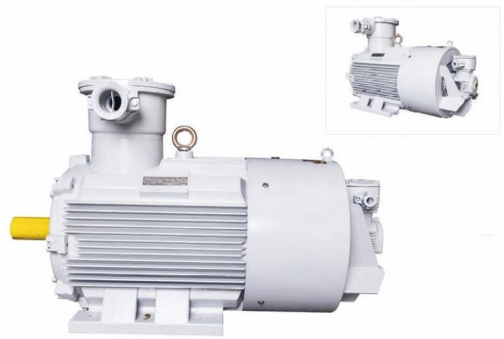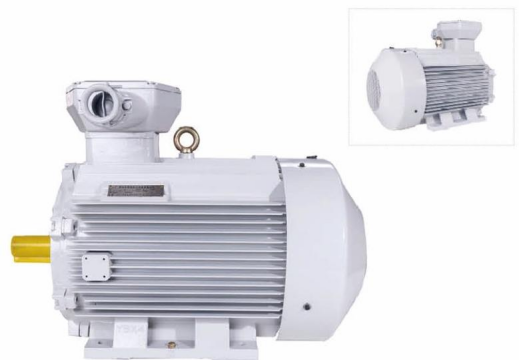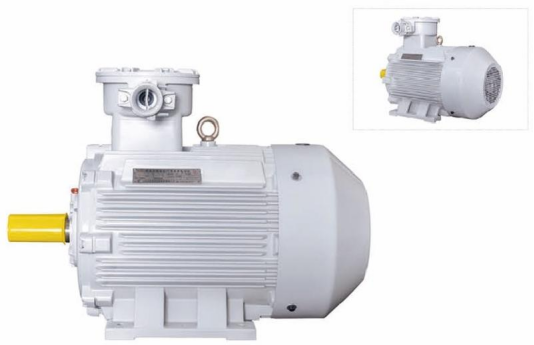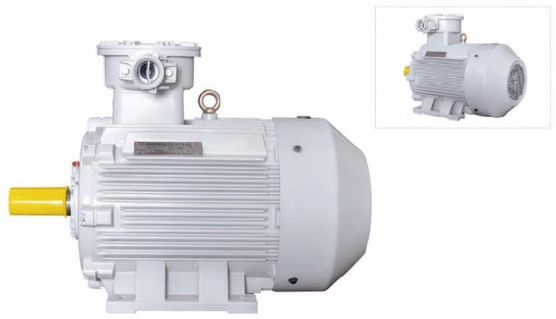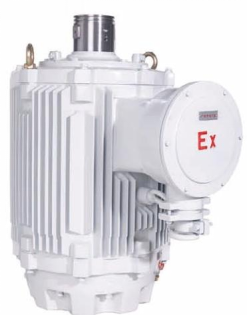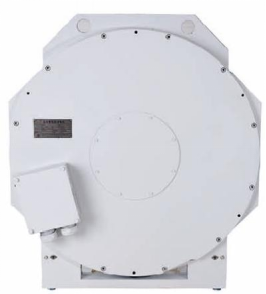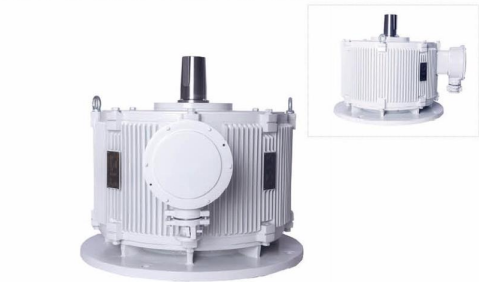Wedoany.com Report-Apr. 13, A hybrid renewable energy park with a total capacity of 13 gigawatts (GW) is planned for the Pang, Debring, and Kharnak areas of Ladakh, India, according to Shripad Yesso Naik, Minister of State for New and Renewable Energy and Power. The project will combine solar, wind, and battery energy storage systems to provide sustainable energy solutions for the region.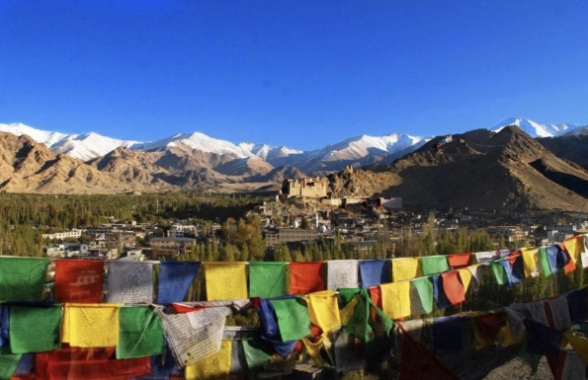
Naik clarified that no companies have yet been chosen to develop the renewable energy projects within the park. The initiative aims to harness Ladakh’s abundant renewable resources, supporting India’s broader goals for clean energy development and reliable power supply.
In a related effort, the Solar Energy Corporation of India Ltd. (SECI) is advancing a 25-megawatt (MW) grid-connected solar project paired with 40 megawatt-hours (MWh) of battery storage in Taru, Leh, Ladakh. The engineering, procurement, and construction (EPC) contract for this project has been awarded to Prozeal Green Energy, marking progress in expanding renewable energy infrastructure in the region.
To support the evacuation of the planned 13 GW of renewable power from Ladakh, the Ministry of New and Renewable Energy is developing an interstate transmission system as part of the Green Energy Corridor (GEC-II) program. The transmission line, managed by Power Grid Corporation of India Ltd. (POWERGRID), will extend through Himachal Pradesh and Punjab, connecting to the national grid at Kaithal in Haryana. This infrastructure is essential for delivering clean energy to consumers across multiple states.
Naik emphasized the significance of these initiatives, stating: “The hybrid renewable energy park in Ladakh will include solar, wind, and battery energy storage systems.” He added: “The ministry is also developing an interstate transmission system under the Green Energy Corridor program to evacuate 13 GW of power from Ladakh.” These projects reflect a commitment to leveraging renewable energy to meet growing demand while ensuring grid stability.
The developments in Ladakh highlight India’s focus on integrating diverse renewable energy sources to enhance energy security and sustainability. The hybrid park and associated transmission infrastructure aim to position the region as a hub for clean energy production, contributing to national efforts to expand renewable energy capacity. By combining solar, wind, and storage technologies, the projects are designed to provide consistent power while minimizing environmental impact, supporting both local communities and broader clean energy objectives.
